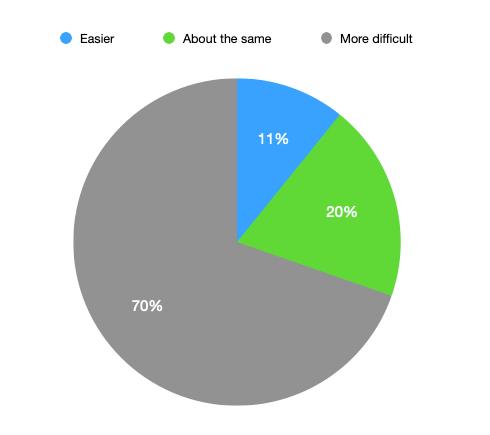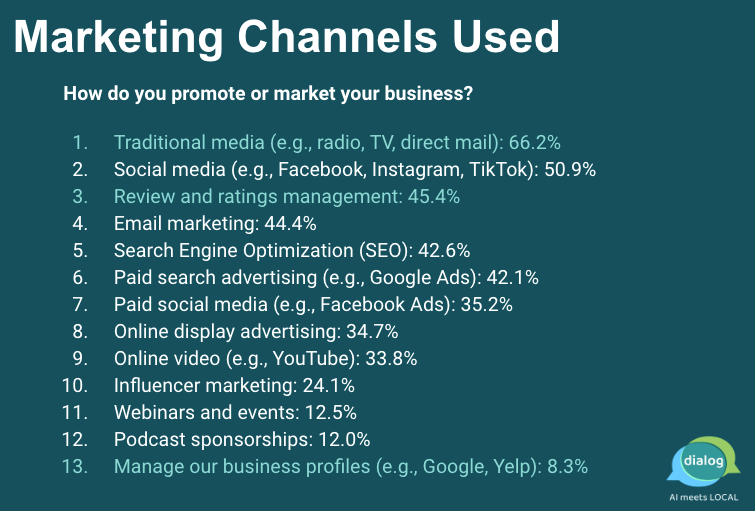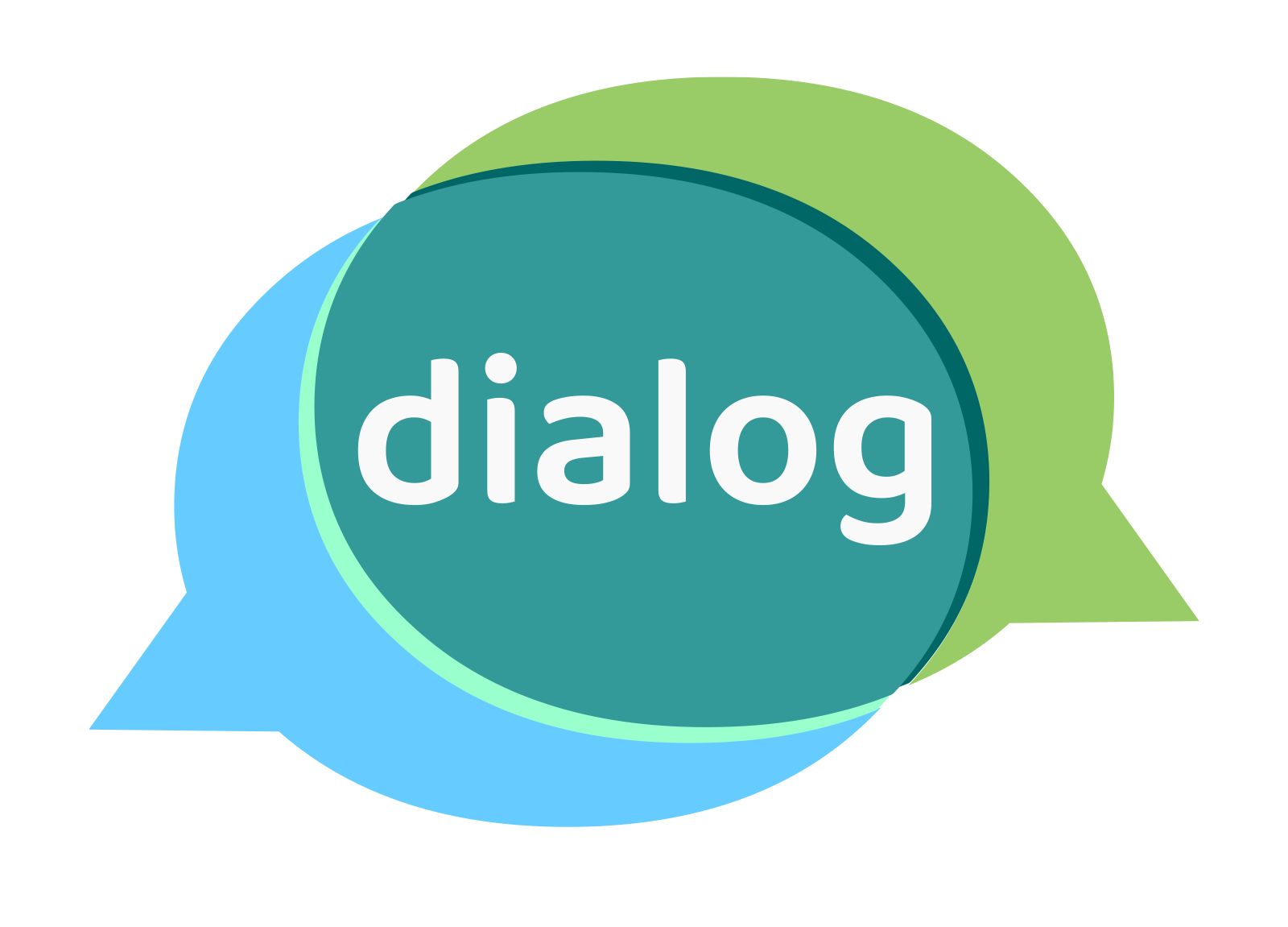AI Wearables, Search Frustration, Trad Media #1

Thinking Out Loud
AI + wearables may be the post-smartphone 'platform' everyone has been waiting for. Putting aside Snapchat filters, pundits claimed for many years that augmented reality was on the cusp of breaking-through. It wasn't. But, now, the growing success of Facebook's smart Ray-Bans may signal a viable new form factor, augmented with AI. (Apple is also working on a set of Ray-Ban like smart glasses and Baidu just announced its own.) And here's a new start-up from Dennis "Foursquare" Crowley that uses location, AirPods and AI. It's called Beebop and delivers location-specific information through AirPods: "AR for your ears." Intriguing.
Will AI search 'break the web'? The MIT Technology Review has a piece that frets about the prospect of AI search taking over and not sending traffic back to publishers, destroying their revenue models (ads, subscriptions, etc.). This is "zero-click" on steroids. The author argues against using the courts: "existing copyright law may not resolve these challenges." But he offers only vague, alternative monetization scenarios – e.g., "the AI industry should invest in frameworks that reward creators of all kinds for sharing valuable content." He ultimately ends on a downbeat note: "it’s possible that our digital economy was broken from the start." In reality, AI search won't kill Google but publishers/creators need to think about alternative channels and building brands.
AI confused voters, eroded trust. The just-finished election cycle saw significant use of AI content, including video deepfakes. The Institute for Strategic Dialogue (ISD) looked at the impact of AI on voters' perceptions. ISD found that voters were sensitive to AI-generated content but incorrectly identified it in 52% of cases, often wrongly labeling real posts as AI-generated. ISD also found that a meaningful minority of users claimed everything coming from "the other side" was AI fakery ("everything is AI"). ISD concludes by saying, "the rapid increase of AI-generated content has created a fundamentally polluted information ecosystem" where voters are starting to question and distrust everything.

News & Noteworthy
- Chat.com appears poised to be ChatGPT's new URL/brand.
- Why employees must "get better" or be replaced by AI.
- Freshworks: company lays off nearly 700 workers, citing AI.
- But Salesforce will hire 1,000 salespeople to sell AI "Agentforce."
- Edutech company Chegg is nearly dead because it ignored AI.
- Top 10 AI-powered B2B tools by usage duration.
- Musk's X testing a freemium version of Grok to entice users.
- Are you ready for AI-enabled parenting; what could go wrong?
- Google readies 'agentic' tool Jarvis for December launch.
- AI personalized marketing seeing success for Taco Bell parent.
- Apple Intelligence will help mainstream AI.
- ChatGPT iPhone app more popular with Gen Z than TikTok or Google.

Data: Search Frustration & Friction
Our forthcoming consumer survey (AI vs. Search) is currently in the field. In anticipation of those results later this week we asked people on Twitter and LinkedIn a simplified version of this question: "Compared to 3 years ago, is it easier or harder to find what you're looking for with a traditional search engine (i.e., Google)?"
This question was inspired by an earlier Scorpion survey that asked US adults whether they were spending more time searching and sifting through results than in the past. In both Scorpion questions, roughly 41% (the largest single response) said it was indeed taking longer and they had to look through more results to find what they were looking for. The rest said about the same or less time.
Here was our informal social media poll:

Our poll was very informal and we don't have insight into the respondents, other than they are "industry insiders." So nothing can be extrapolated. Still, the answer is pretty striking: 70% said it was more difficult to find what they're looking for on Google; 20% said "about the same" and 11% said it had become easier.
When it comes out of the field, we expect our 1K consumer-respondents will be closer to the Scorpion findings. In other words, we expect the majority to say it's more difficult, while many will say about the same or some version of less difficult.
This "frustration" or inefficiency has created openings for alternatives: social media and AI search in particular.

Vertical Analysis: Traditional Media Is #1
One of our vertical "cuts" of the Q1 small business survey was "Construction, Home Services & Real Estate." Here the "n" was 216, out of 1K total respondents. One of the most interesting findings was this segment's affinity for traditional media. Not only was it the most commonly used channel (66%) it was also seen as the most effective (53%).
We didn't parse specific traditional media being used. Direct mail, for example, is still considered highly effective (sometimes more effective than digital), while other traditional media may be seen as less effective.

In the overall SMB sample the top 5 most used channels look pretty different:
- Social media
- Email marketing
- Paid social media
- Paid search advertising
- Manage our business profiles
This vertical also paid much more attention to review management and less attention to business profile management, which is somewhat strange given that reviews typically appear on business profiles.

Fun | Funny | Weird
- Painting of mathematician Alan Turing by an AI robot sold for $1.1 million.
- Polish radio station created AI radio hosts to cut costs, to disastrous effect.
- AI deeply integrated into theatrical design in Broadway's "McNeal."
You haven't signed up yet? What are you waiting for?





